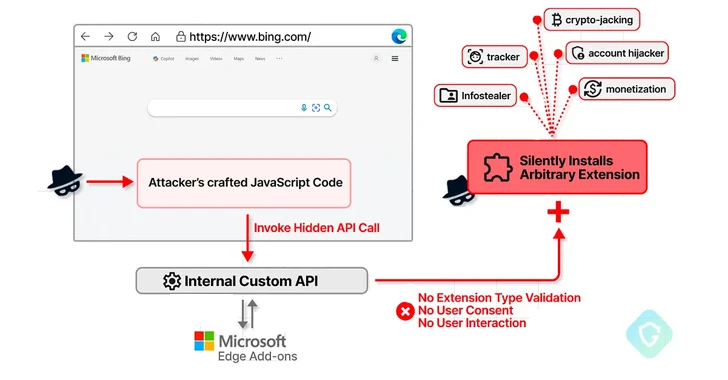Everyone knows backing up company information is crucial to the companies continuity, and it can be convenient to have a local backup on hand to restore the system once an attack or failure has happened. However, one backup is not enough, especially if it is an onsite backup.
Having an offsite backups might be the wisest decision you make as part of your backup and disaster recovery plan, because if there is a fire, flood, natural disaster or even a burglary, you can rest knowing your data has not been lost and is stored safely in a completely separate location to your home or office.
An offsite backup makes sure there is no single point of failure and there are many ways in which your data can be stored remotely. Companies can use internet backup services which automatically uploads copies of your data to a remote server or public and private cloud services. Another way is using physical devices, such as an external hard drive, on which the data is stored, and then the hard drive is keep in a remote location and updated every week or month.
Although ensuring your data is safe should be your first priority, an offsite backup should not make you break the bank. In fact, there are many ways in which offsite backups can be created that can suit your business in different ways. Yet, which is the most cost effective?
Internet backup services offer security through encrypting your data files, unlimited storage space, automatic updates, ways to customise your package, easy restore and universal access so you can work anywhere. Cloud services offer much of the same as it promises to be secure and maintained, with added email or phone 24 hour support from a team of IT professionals should anything go wrong. For all the above reasons, Cloud and internet services do seem the most cost effective options when you consider the number of people who need to be paid, the resources, running the servers and the facilities that would need to be rented or bought if a company had to facilitate the whole process by themselves.
The last method, of storing data on a physical device is simple if the person in charge of the backup knows how to backup the system sufficiently, however, it is remembering to backup every week or month that is the biggest flaw of this solution. Although, depending on the distance travelled to retrieve the offsite backup and the time and manpower it takes to regularly update the backup, this may be the most cost effective option, even though it requires more effort to execute.
A smaller company or business may find it easier to buy an external hard drive and backup their system on a scheduled basis, but medium to larger businesses will not find a more cost effective solution than the Cloud at this time. The Cloud erases the risk of forgetting to do manual backups as it will automatically backup data on a regular basis, install updates and take care of regular maintenance.
Cloud computing generally runs a company more efficiently as the business would also be able to scale up or down on virtual servers so that the business is only paying for what they are using.
Furthermore, Cloud computing is also a ‘greener’ way to operate. Large data centers do consume a lot of power but they are also preventing many companies from needing their own great power consuming in-house data centres, which cost the individual company greatly.
When it comes to making the final choice, it is up to your businesses needs and how the business operates the most efficiently that will mainly determine what option is the best for the continuity of the business.


